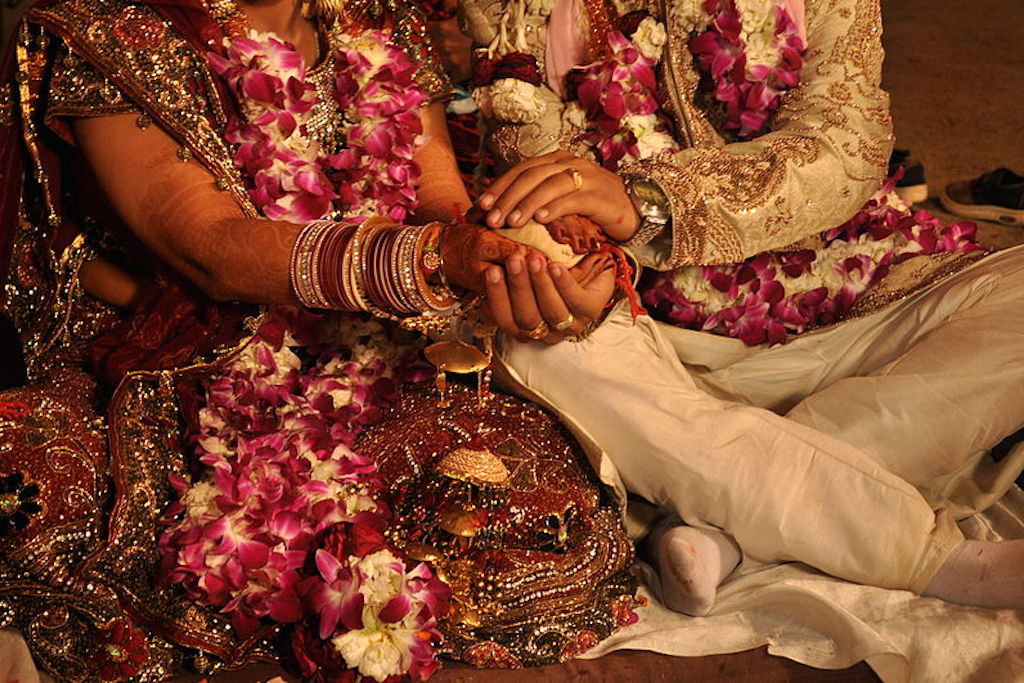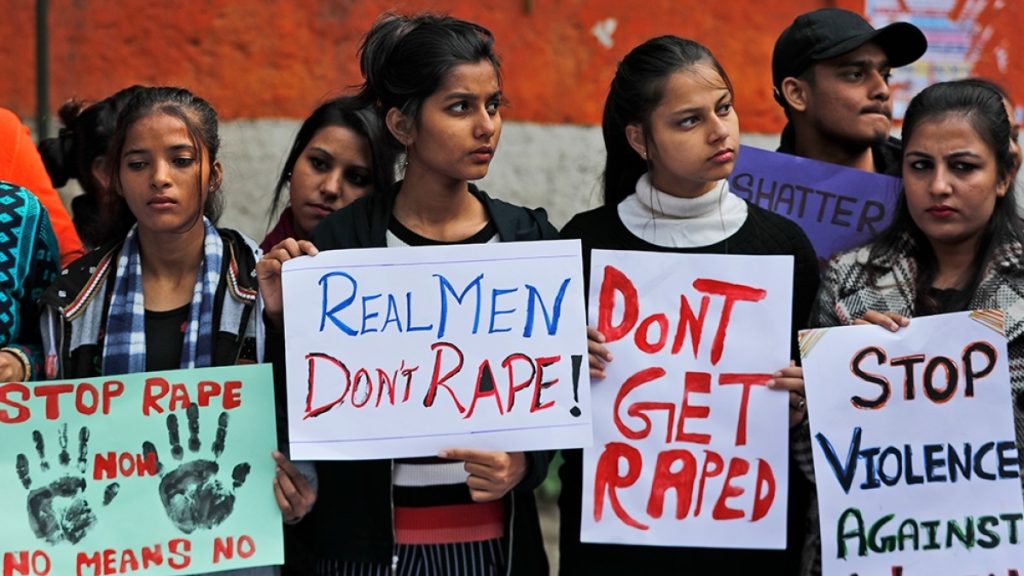Indian government opposes criminalization of marital rape

The Indian government has opposed petitions in the Supreme Court that seek to criminalize marital rape, stating that such a move would be “excessively harsh.”
In its response, the federal home ministry emphasized that “a man does not have a fundamental right” to force sex on his wife, but argued that there are sufficient existing laws to protect married women from sexual violence.
The Supreme Court is reviewing petitions aimed at amending a British-era law under Section 375 of the Indian Penal Code, which exempts husbands from prosecution for rape within marriage if the wife is not a minor.
Marital rape remains uncriminalized in India, unlike in over 100 other countries, including the UK, which outlawed it in 1991.
Campaigners have long pushed for changes to this outdated law, arguing that forced sex within marriage should be considered rape, regardless of the relationship.
According to a government survey, one in 25 women in India have experienced sexual violence from their husbands, highlighting the pervasive issue of marital violence.
International organizations, including the United Nations, Human Rights Watch, and Amnesty International, have expressed concern over India’s refusal to criminalize marital rape.
Despite these calls, the Indian government, along with religious groups and men’s rights advocates, has resisted changes, citing the “implied consent” of sex within marriage and arguing that allowing wives to retract this consent could destabilize marriages.
The home ministry’s 49-page affidavit submitted to the Supreme Court described marriage as a “relationship of a different class” with its own set of rights and obligations.

Criminalizing marital rape, they argue, could severely impact the institution of marriage, potentially leading to “serious disturbances.”
The affidavit further noted that while a husband does not have the right to coerce his wife into sex, including marital rape under anti-rape laws would be “disproportionate.”
It also emphasized that current laws already address issues such as domestic violence, sexual harassment, and assault, which provide protections for married women.
The case comes to the Supreme Court following a split verdict by the Delhi High Court in 2022, with the top court now considering whether the issue should be addressed through legal reform or left to parliament to decide.
Source-BBC





